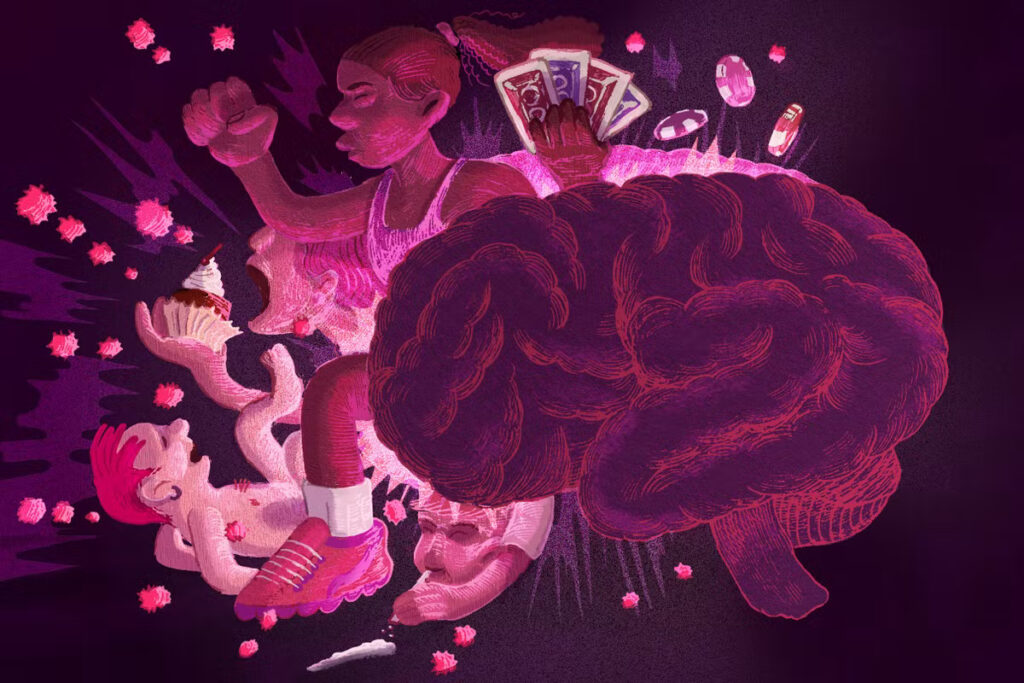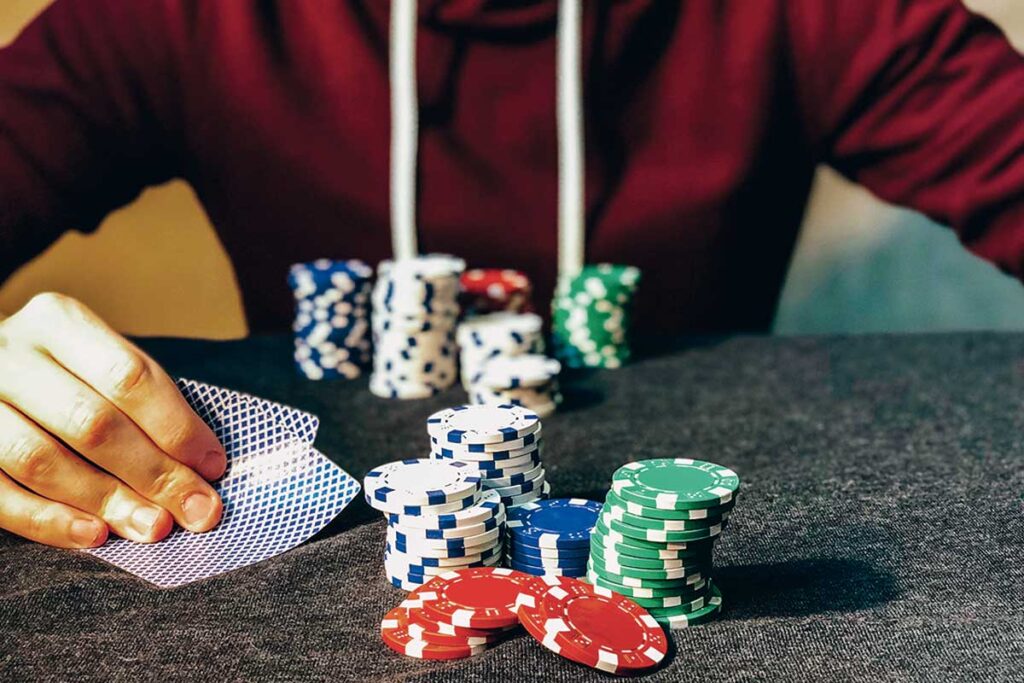
What Neurotransmitter is Linked to Gambling?
For many people, gambling is a pastime that they enjoy. For others, it’s an addiction that they can’t break free from. But what is it about gambling that’s so alluring? Some believe that gambling is simply a form of entertainment. Others believe that it can be used as a way to relieve stress. And still others believe that it can be a gateway to other addictions. Whatever the reason may be, one thing is for sure: gambling is linked to neurotransmitters. In this post, we will explore which neurotransmitter is linked to gambling and how you can use this information to your advantage.
What Neurotransmitters are Associated with Gambling?
Gamblers commonly report experiencing a surge in dopamine, norepinephrine, and serotonin levels before and during gambling sessions. Dopamine is associated with pleasure and reward, while norepinephrine and serotonin are neurotransmitters that are known to play a role in mood regulation. Some studies suggest that people who gamble might have a higher level of dopamine in their brains due to their love of risk-taking.

How Do Neurotransmitters Cause Gambling Behavior?
Neurotransmitters aren’t the only thing that can influence gambling behavior. The environment around someone can also play a role. For example, if someone is playing a slot machine at a casino, they may feel more inclined to keep betting if they see other players winning often. Similarly, if someone is playing Poker or Blackjack in a comfortable setting with supportive friends, they’re likely to have more fun and be less likely to get discouraged. So, if you want to try your luck at the casino, you should definitely consider aviator online gambling.
How Neurotransmitters Affect Gambling?
There is strong evidence linking neurotransmitters to gambling. Neurotransmitters are chemicals that send signals between nerve cells in the brain. These chemicals play a role in controlling mood, behavior, and cognitive function.
Some of the most well-known neurotransmitters linked to gambling include dopamine, norepinephrine, serotonin, and GABA.
– Dopamine is responsible for stimulating the brain’s reward system. When someone wins money or experiences a pleasant sensation due to gambling, dopamine levels increase.
– Norepinephrine is also involved in the brain’s reward system. It helps activate our fight or flight response when we are faced with danger. This hormone may lead some people to gamble more when they feel anxious or stressed out.
– Serotonin is associated with feelings of happiness and well-being. When someone engages in gambling activity, their serotonin levels may decrease which can make them more susceptible to addiction over time.
– GABA is thought to have a calming effect on the brain and can help people become less impulsive when it comes to gambling decisions. Some people believe that this chemical may be responsible for why some people lose money at casinos despite having excellent luck elsewhere in their lives.

Wrapping Up
Neurotransmitters are chemicals that send signals between cells in the body. Some neurotransmitters have been linked to addiction, such as dopamine, which is associated with reward-based behaviors like gambling. In order to understand how neurotransmitters can be involved in gambling behavior, it is first necessary to understand how they work inside the brain. Neurotransmitters bind to specific receptors on nerve cells and change the electrical activity of these cells. This process allows neurotransmitters to influence a wide range of behaviors, including gambling.